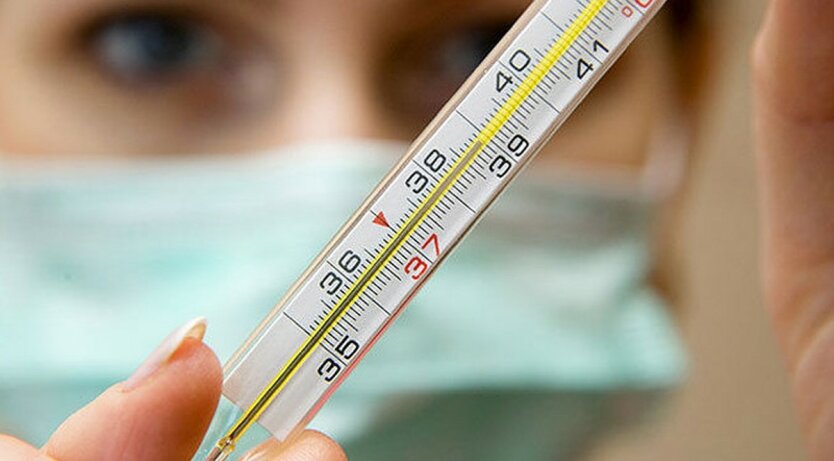Research: COVID-19 Makes Us Vulnerable to Other Infections.


Many COVID-19 patients feel that they have become more vulnerable to other illnesses. Colds occur more frequently, lasting longer, and coughing becomes stronger and does not go away as quickly.
Researchers from Saint Louis University (USA) analyzed the medical records of over 200,000 COVID-19 patients and 600,000 people without the infection. They concluded that the risk of contracting other infections increases by 20-50% depending on the severity of the illness. This was reported by Bild.
One year after the coronavirus, patients are more prone to bacterial infections, fungi, viruses, respiratory diseases, and acute lung injuries. Even those who had a mild form of COVID-19 had a higher risk of getting other illnesses.
Scientists do not yet know the exact reasons for this phenomenon. The explanation that people in lockdown had less contact with viruses does not hold, as both groups of the study were in the same conditions. However, the consequences for COVID-19 patients were more severe.
Researchers believe that COVID-19 may negatively affect the immune system by damaging mucous membranes and making them more permeable to pathogens. They emphasize that further research is needed to better understand this mechanism.
Analysis:
Researchers from Saint Louis University conducted an analysis of medical records and concluded that people who have had COVID-19 have an increased risk of contracting other infections. This applies to various diseases such as bacterial infections, fungi, viruses, respiratory diseases, and acute lung injuries.
This result is significant as it indicates the prolonged negative impact of COVID-19 on the immune system. Damage to the mucous membranes caused by the coronavirus makes them more vulnerable to other pathogens. This explains why people who had COVID-19 become more prone to other infections.
Further research is needed for a better understanding of this phenomenon. Understanding this mechanism may help develop prevention and treatment strategies for COVID-19 patients who have increased vulnerability to other illnesses.
Read also
- Experts are sounding the alarm: Ukrainians explained why it is better not to buy euros
- Cucumbers in Ukraine have sharply decreased in price: producers explained the reasons for the price collapse
- They need to be tougher: WSJ learned how Trump and Zelensky reconciled
- Poland has tightened the conditions of the 800 Plus program: who among Ukrainians will be left without payments
- Mobilization, Car Importation and Income Data: Ukrainians Face Sharp Changes
- Naftogaz showed how much to pay top managers during the war: you wouldn't even dream of this










